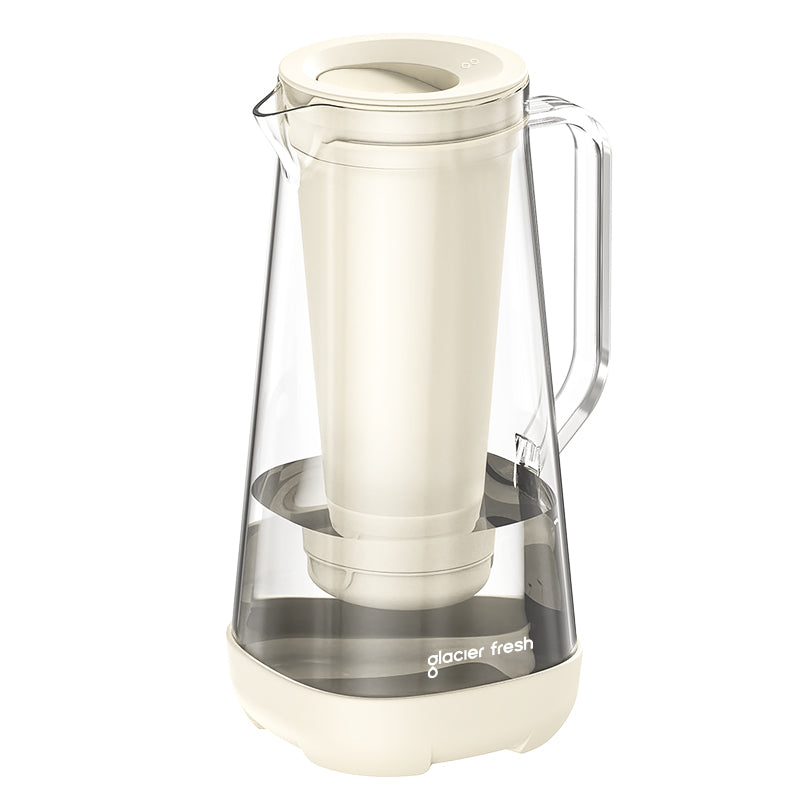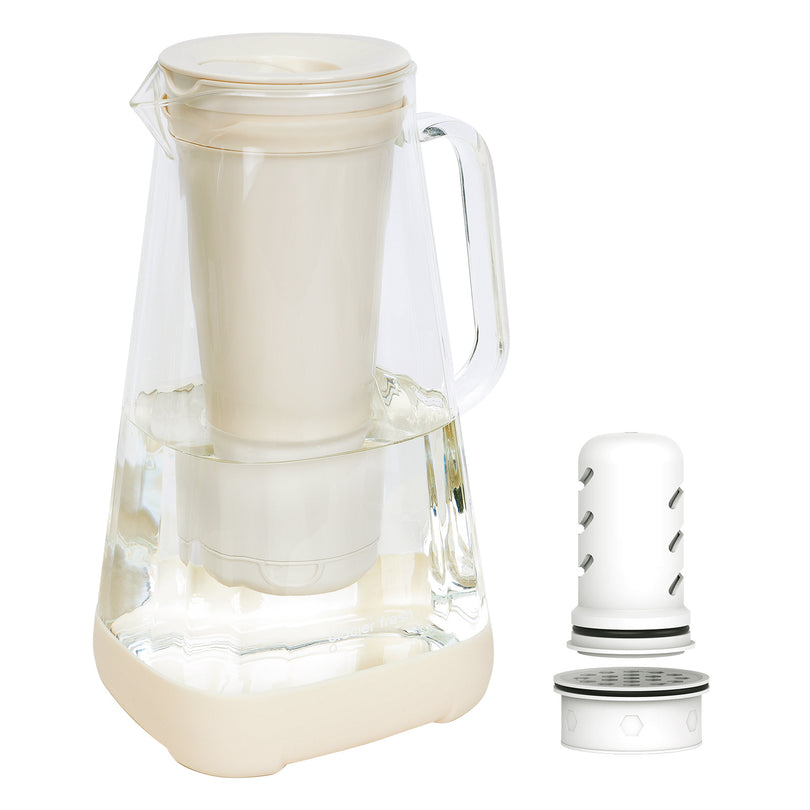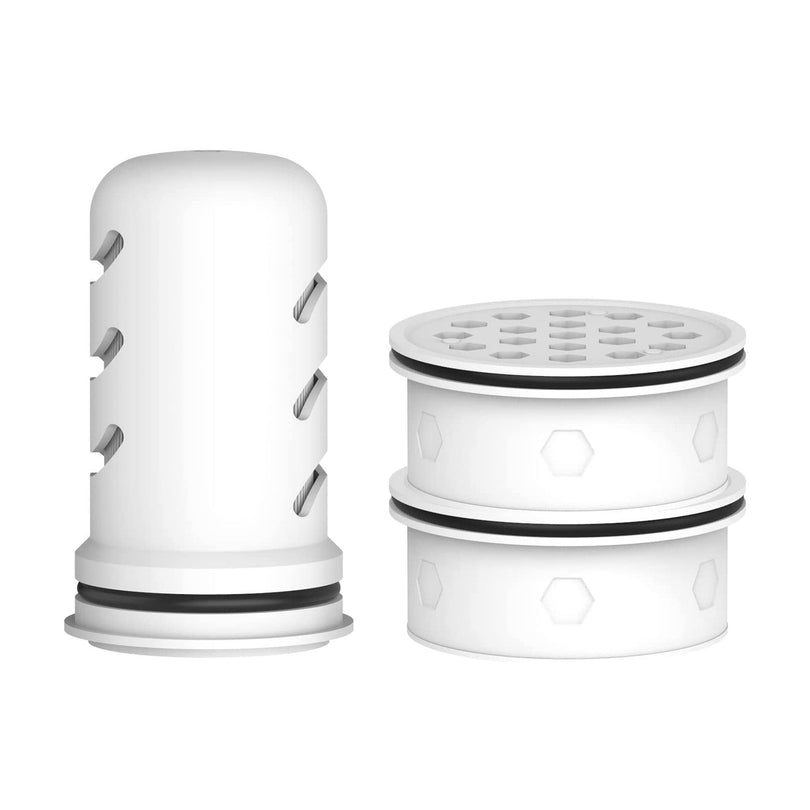Table of Contents:
Daily practice #1: Take shorter showers
Daily practice #2: Fix leaky faucets and plumbing issues
Daily practice #3: Be mindful of water usage in the kitchen
Daily practice #4: Opt for energy-efficient appliances
Daily practice #5: Reduce water consumption in the garden
Daily practice #6: Be mindful of your food choices
Daily practice #7: Be conscious of your energy usage
Daily practice #8: Opt for cold water when possible
Conclusion
Water is a precious resource that sustains life on our planet, yet we often take it for granted. With increasing concerns about water scarcity and the impact of climate change, it has become more important than ever to conserve water and reduce our environmental footprint. Thankfully, there are simple and practical steps that we can incorporate into our daily lives to make a significant difference. In this article, we will explore 10 easy daily practices that save water and help reduce our impact on the planet.
Daily practice #1: Take shorter showers

Aim to take shorter showers to reduce water consumption and minimize your environmental impact. By keeping your showers brief, you can significantly save water and energy. Consider using a shower timer to help you track your shower duration and stay within a reasonable timeframe. Investing in water-saving showerheads can further enhance your efforts to conserve water. These showerheads are designed to limit water flow while maintaining adequate water pressure, allowing you to enjoy a satisfying shower experience while being mindful of your water usage.
Evaluate your bathing habits and make adjustments where necessary. Try to be more efficient while showering by turning off the water when lathering or shampooing. This simple act can make a noticeable difference in your overall water consumption. You can play a crucial role in water conservation efforts by being mindful of the time you spend in the shower and implementing water-saving techniques.
Daily practice #2: Fix leaky faucets and plumbing issues
Consider the impact of water wastage in your daily routine by promptly addressing leaky faucets and plumbing issues. Not only does a dripping faucet wastewater, but it can also lead to higher water bills and unnecessary strain on water resources. By taking the time to fix these plumbing issues, you contribute to water conservation efforts, adopt eco-friendly habits, and even save money in the long run. To help you understand the importance of this practice, here are some essential tips and tricks to tackle leaky faucets and plumbing problems effectively:

Daily practice #3: Be mindful of water usage in the kitchen

Start by only using the dishwasher and washing machine when they're full. This simple habit can save gallons of water each month. When washing dishes by hand, fill one sink with soapy water and the other with rinse water instead of letting the tap run continuously. Additionally, consider investing in a low-flow faucet aerator to reduce water flow without compromising water pressure.
Water-saving tips extend to sustainable cooking practices. When prepping vegetables or fruits, consider using a basin to wash them instead of running water over them continuously. Reusing pasta or vegetable cooking water in soups and stocks saves water and retains valuable nutrients.
Daily practice #4: Opt for energy-efficient appliances
Choosing energy-efficient appliances can significantly reduce your household's energy consumption and environmental impact. When looking for ways to save energy and lower utility bills, opting for appliances with high energy efficiency ratings is a wise choice. Energy-saving tips recommend selecting appliances with the ENERGY STAR label, which signifies they meet strict energy efficiency guidelines set by the Environmental Protection Agency. These appliances are designed to consume less energy while still providing the same level of performance as their traditional counterparts.
Appliance efficiency plays a crucial role in sustainable living practices. By investing in energy-efficient appliances such as refrigerators, washing machines, dishwashers, and water heaters, you not only reduce your carbon footprint but also save money in the long run. These appliances are designed to use less electricity or gas, resulting in lower energy bills and decreased environmental impact. Make a conscious effort to replace outdated appliances with newer, more energy-efficient models to contribute to a greener future.
Daily practice #5: Reduce water consumption in the garden

To further enhance your efforts in conserving resources at home, one practical step you can take is to minimize water usage in your garden. Consider implementing drought-resistant landscaping to reduce the need for frequent watering. These plants are adapted to arid conditions, requiring less water to thrive and maintaining your garden's aesthetic appeal while conserving water.
Another effective method to reduce water consumption is rainwater harvesting. Install a rain barrel or a more elaborate rainwater collection system to capture and store rainwater for later use in your garden. This eco-friendly practice conserves water and helps reduce your water bill.
Additionally, using soil moisture sensors can significantly help optimize water usage. These sensors monitor the moisture levels in the soil and provide real-time data to help you determine when your garden needs watering, preventing overwatering and water wastage.
Daily practice #6: Be mindful of your food choices
Consider incorporating more plant-based meals into your diet to reduce environmental impact and promote sustainability. You can significantly lower your water footprint by opting for a plant-based diet. Sustainable farming practices for plant-based foods generally require less water than raising livestock for meat. This shift in food choices benefits the environment and supports sustainable agriculture.
Plant-based options can help minimize the water resources used in food production. Fruits, vegetables, legumes, and grains typically have less water footprint than animal-based products. Sustainable farming methods for plant foods, such as efficient irrigation techniques and crop rotation, further contribute to water conservation efforts.
Making conscious decisions about what you eat can positively impact the environment. Embracing a plant-based diet reduces your water footprint and supports sustainable farming practices. Next time you plan your meals, consider the environmental benefits of choosing plant-based options.
Daily practice #7: Be conscious of your energy usage

Being mindful of how energy is used daily can significantly reduce your environmental impact and help conserve valuable resources. By adopting energy-saving habits and incorporating them into your daily routine, you can contribute to a more sustainable lifestyle and lessen your environmental footprint. Simple actions such as turning off lights when leaving a room, unplugging electronics when not in use, and using energy-efficient appliances can significantly reduce your energy consumption.
Making a conscious effort to lower your energy usage benefits the environment and helps you save on utility costs. Being aware of the environmental impact of excessive energy consumption can motivate you to make more mindful choices throughout your day. Consider switching to renewable energy sources, like solar or wind power, to reduce your carbon footprint further.
Embracing a sustainable lifestyle by being conscious of your energy usage is a powerful way to contribute to a healthier planet for future generations. Start implementing these energy-saving practices today and positively impact the environment.
Daily practice #8: Opt for cold water when possible

Choosing cold water whenever feasible can significantly reduce your daily water consumption and environmental impact. Not only does using cold water help conserve water by eliminating the need to wait for hot water to flow through the pipes, but it also saves energy. When you opt for cold water, you avoid the energy required to heat the water, which can lead to substantial energy savings over time. By adjusting your daily routines to include cold water usage for tasks like washing clothes, dishes, and even yourself, you can positively impact both your water usage and environmental footprint.
Moreover, cold water can be gentler on clothes and prevent shrinking or fading, making it a practical choice for laundry. Additionally, cold water helps maintain the color and quality of fabrics, ultimately extending the lifespan of clothing. Switching to cold water whenever possible contributes to energy savings, preserving water resources, and lessening environmental impact.
Conclusion
So, by incorporating these simple daily practices into your routine, you can easily save water and reduce your environmental footprint. Remember, every drop counts, and by making small changes in your daily habits, you can significantly impact the planet. Start today and be a part of the solution to conserve water and protect our environment for future generations.








